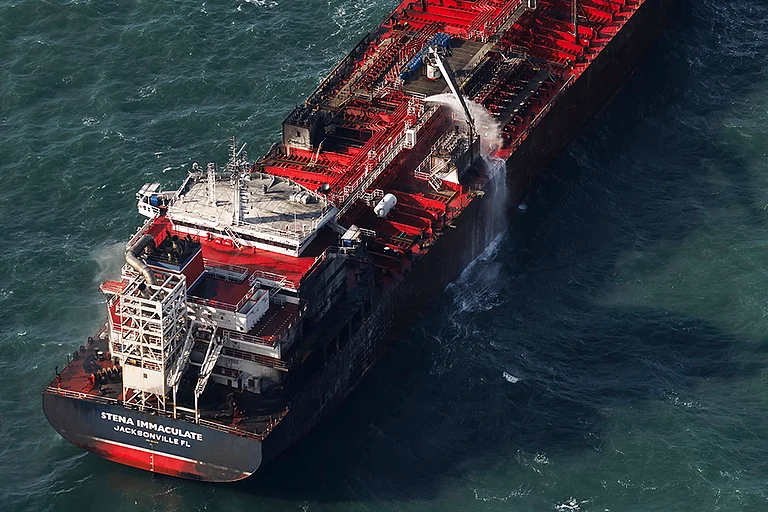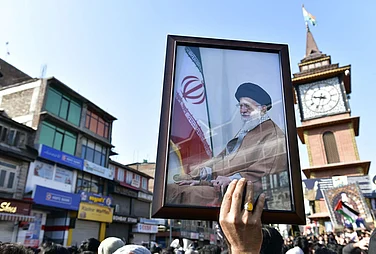Global oil markets are bracing for a sharp price increase when trading reopens on Sunday, following U.S. airstrikes on Iranian nuclear facilities — a dramatic escalation that has intensified fears of retaliation from Tehran targeting vital energy infrastructure or shipping routes.
According to FT, analysts warned that the extent of the price surge will depend largely on how Iran chooses to respond in the coming days. Any disruption to oil flows in the region, particularly through the critical Strait of Hormuz, could send crude prices soaring.
“A clear red line has been crossed,” said Jorge León, head of geopolitical analysis at energy consultancy Rystad Energy to FT. “This is the first time the U.S. has launched direct strikes on Iranian territory, and the potential for regional fallout is significant.”
León noted that in a worst-case scenario, where Iran launches direct attacks or targets oil infrastructure in Gulf states, oil prices could spike sharply. “Even if there is no immediate retaliation, markets are likely to factor in a heightened geopolitical risk premium — an oil price jump is expected,” he added.
Brent crude, the international benchmark, has already risen about 10% since Israel launched a surprise strike on Iran 10 days ago. On Thursday, it touched an intraday high of $79 a barrel — the highest level since January — before settling at $77 on Friday.
While supply disruptions have so far been avoided, traders say that any attack on oil installations or tankers could quickly push prices well above the $80 mark.
Strait of Hormuz In Focus
The Strait of Hormuz, a narrow but strategic waterway between Iran and key Gulf oil exporters, is now a flashpoint. Roughly one-third of the world’s seaborne oil passes through the strait each day. Any Iranian attempt to block or disrupt shipping in the strait could have an immediate and severe impact on global energy markets.
Iran has previously warned it would retaliate if the U.S. intervened militarily. On Sunday, calls for retaliation grew louder among Iranian hardliners. The editor of the conservative Kayhan newspaper demanded strikes on U.S. naval forces in the Gulf and a blockade of Western commercial shipping in the region.
U.S. President Donald Trump, speaking after the operation, warned Iran of “further consequences” unless it chooses “the path of peace.” Yet with tensions running high, analysts say energy markets are preparing for significant volatility.
"The threat to oil infrastructure and shipping routes is now real and imminent," said one Gulf-based energy strategist. "Even if Iran waits to respond, the fear alone will send prices higher."
Markets will be watching closely in the coming days for signs of Iranian retaliation — or restraint. Either way, the global energy landscape has entered a period of heightened uncertainty.






















